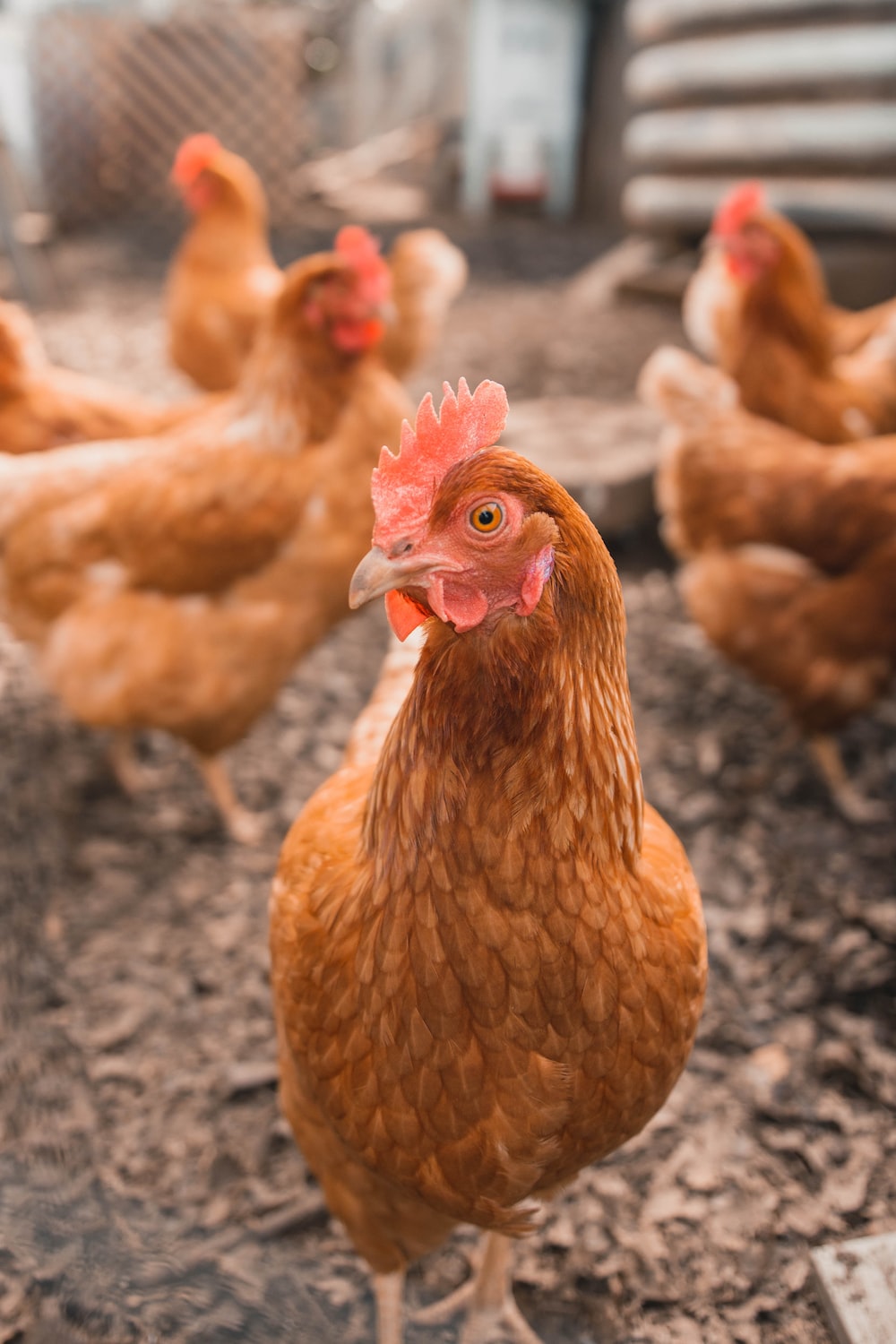Sustainable agricultural production is intricately linked to the prudent utilization of natural resources, particularly soil and water. In Malawi, any degradation of these vital resources carries severe consequences for the nation's future economic growth. Poor soil and water management directly impact crop growth and yields, leading to low food production, food insecurity, and sluggish economic development. It is imperative to emphasize the importance of responsible land husbandry and the strategic use of irrigation as crucial components of a livelihood strategy for both present and future generations.
Significance of Land Husbandry
The health of Malawi's agricultural sector hinges on the sustainable management of land resources. Farmers must recognize that their actions today have far-reaching implications for the nation's economic well-being. Poor land management practices contribute to soil erosion, nutrient depletion, and reduced agricultural productivity. Encouraging farmers to adopt land husbandry practices, such as contour plowing, cover cropping, and agroforestry, will not only conserve soil but also enhance its fertility. These practices play a pivotal role in fostering a resilient and productive agricultural landscape.
Harnessing the Potential of Irrigation
In areas with the potential for irrigation, concerted efforts should be made to harness irrigable land effectively. Beyond the obvious benefits of increased crop yields, irrigation plays a crucial role in mitigating the risks associated with drought and prolonged dry spells. It presents opportunities for multiple growing seasons in a year, ensuring a more consistent and reliable food supply. Furthermore, irrigation supports livestock production by providing supplementary water for pasture and drinking water for animals. It also opens avenues for smallholder farmers to engage in fish farming.
Community-Led Irrigation Initiatives
In regions where irrigation potential exists, farmers can organize themselves into groups to construct irrigation facilities through collaborative, self-help initiatives. This not only fosters a sense of community but also empowers farmers to take charge of their water resources. Community-led irrigation projects enhance water availability for agriculture, contributing to increased crop yields and improved livelihoods. The success of such initiatives lies in proper planning, maintenance, and the adoption of sustainable water management practices.
Complementary Role of Water Management and Husbandry Practices
Proper water management is inherently linked to good land husbandry practices. Farmers should be encouraged to integrate water conservation measures into their agricultural routines. Techniques such as rainwater harvesting, efficient irrigation scheduling, and soil moisture management contribute to increased agricultural resilience. The symbiotic relationship between water management and husbandry practices ensures that the benefits of both are maximized, leading to improved yields and sustained agricultural productivity.
Land husbandry and irrigation stand as cornerstones of sustainable agriculture in Malawi. By instilling a sense of responsibility in farmers regarding soil and water management, the nation can safeguard its agricultural future. Encouraging community-led irrigation initiatives empowers farmers to take control of their water resources, fostering resilience and prosperity. As Malawi navigates the path towards sustainable agriculture, the prudent use of land and water resources emerges as a key strategy for achieving increased yields, food security, and economic growth.





 Formulate Feed
Formulate Feed
Comments
Be the first to comment . You must be logged in to post a comment